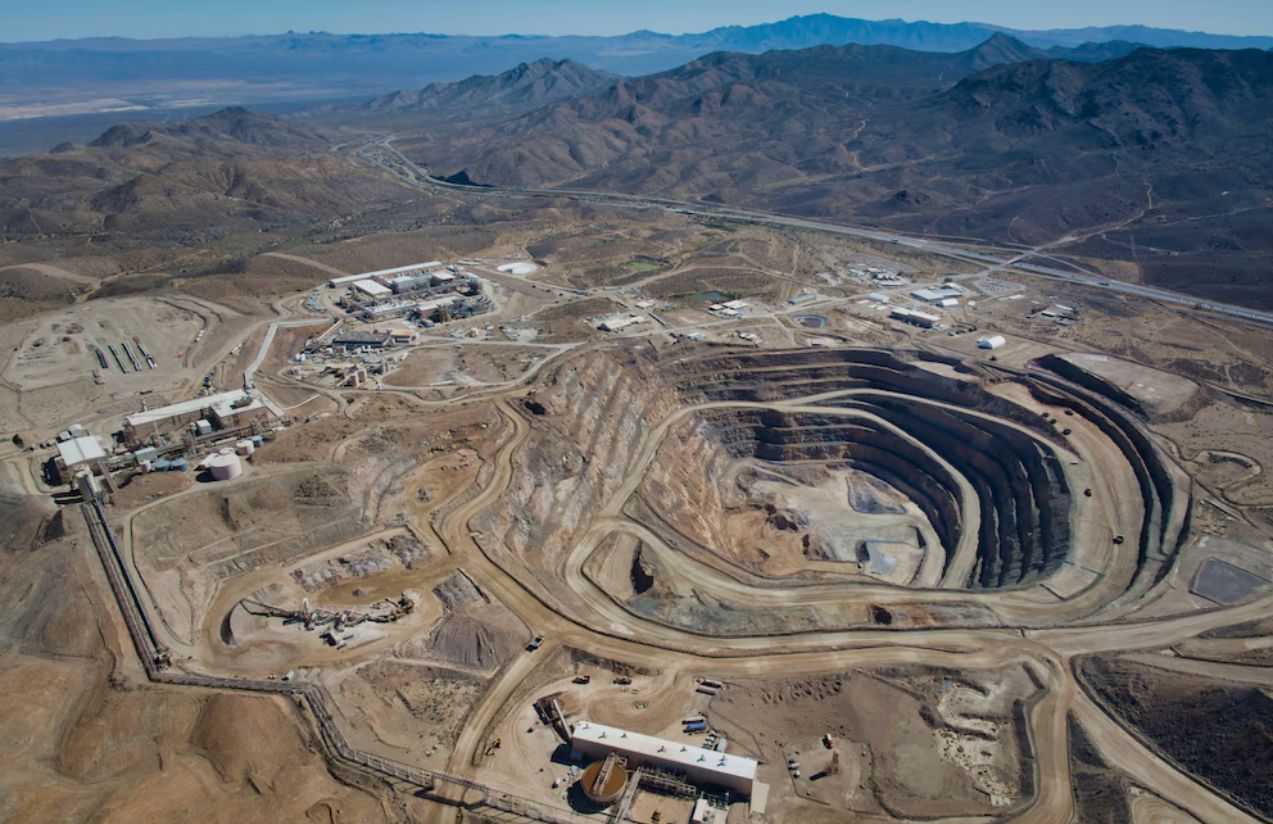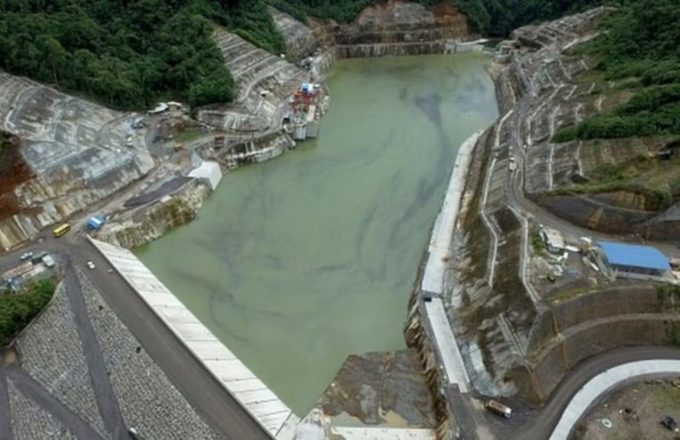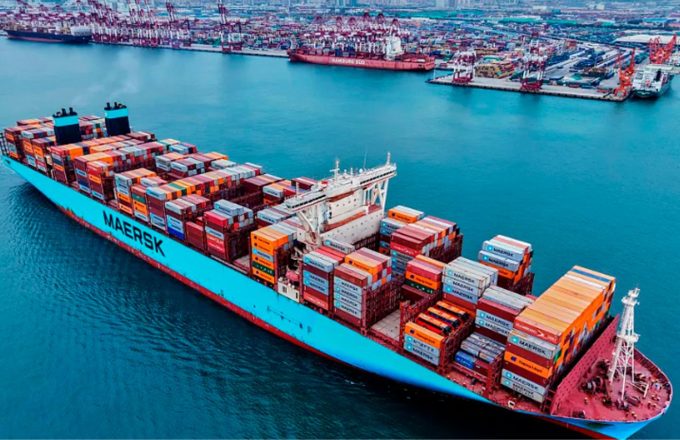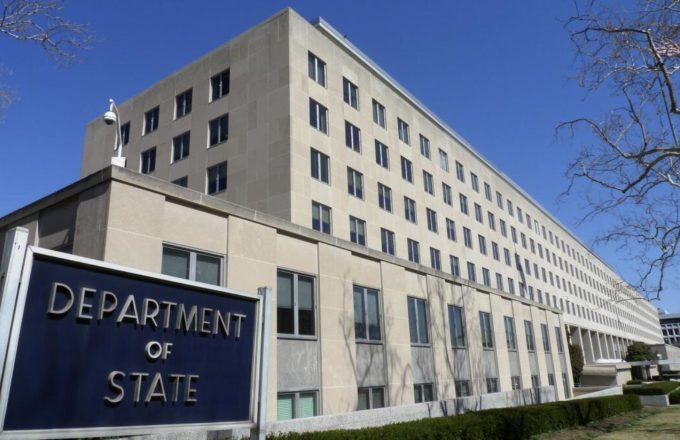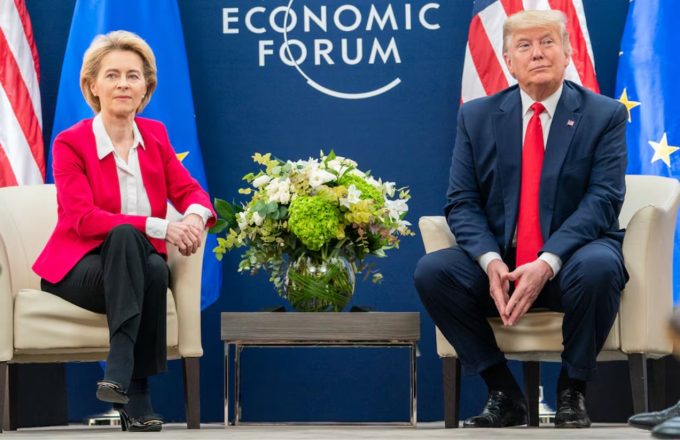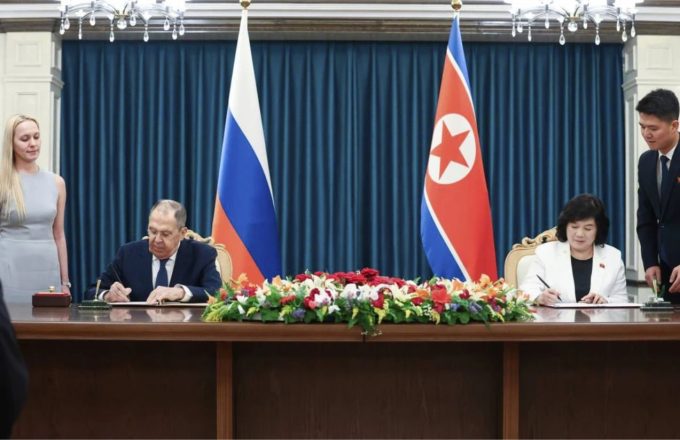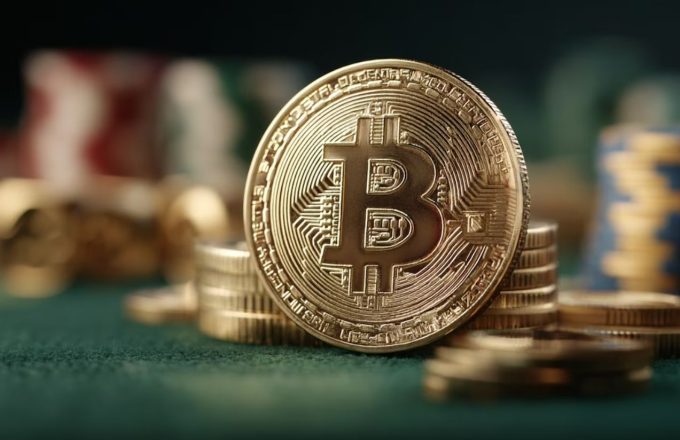The United States and Ukraine have signed an agreement to jointly exploit Ukraine’s vast mineral resources—a strategic move aimed at boosting the country’s economic development and shaping the future of its war with Russia. The partnership is also part of the Trump administration’s efforts to secure a lasting peace deal following Russia’s invasion.
“This agreement sends a clear message to Russia: the Trump administration is committed to a peace process that ensures a free, sovereign, and prosperous Ukraine in the long term,” said Treasury Secretary Scott Bessent in a statement after the signing. He added that the deal “demonstrates both countries’ commitment to lasting peace and reconstruction,” stressing that no individual or state that financed or supplied Russia’s war machine will profit from Ukraine’s rebuilding.
Ukraine holds one of the richest mineral deposits in Europe. According to the country’s Mineral Reserve Inventory, there are nearly 10,000 sites with 95 types of commercially valuable minerals. Before the war, more than 3,000 of these were under active exploitation. In total, Ukraine is home to about 5% of the world’s mineral resources and ranks 40th among global producers, according to the 2024 edition of World Mining Data.
The country is considered a key potential supplier of strategic minerals such as titanium, lithium, beryllium, manganese, gallium, uranium, zirconium, graphite, apatite, fluorite, and nickel—crucial for high-tech industries, defense systems, renewable energy, and electric vehicle batteries, according to NATO’s Energy Security Center.
A joint report by the U.S. Chamber of Commerce and the Kyiv School of Economics reveals that Russian-occupied regions of Ukraine contain 42% of the country’s metals, 33% of its rare earth elements, 63% of its coal reserves, and 20% of its natural gas deposits. The estimated value of mineral resources in areas under Russian control exceeds $12.4 trillion—nearly half of Ukraine’s total.
Demand for critical minerals is expected to soar in the coming decades: lithium use could increase fortyfold, while demand for graphite, cobalt, and nickel could rise more than twentyfold. Ukraine also holds significant reserves of high-grade iron and manganese—essential for producing green steel—as well as non-ferrous metals like copper (fourth largest in Europe), lead (fifth), zinc (sixth), and silver (ninth).
For the United States and G7 allies, Ukraine’s resources could provide a crucial alternative to China’s dominance in strategic minerals. However, logistical challenges and war-related disruptions on the ground make any near- or medium-term shift unlikely, warns a recent report by UniCredit. Developing a single mine takes an average of 18 years and costs around $500 million, while building a separation plant can exceed $1 billion. The ongoing war has also severely reduced Ukraine’s labor force.
Currently, China dominates the global market, leading the production of 33 of the 51 minerals considered vital for the 21st-century economy—often accounting for over 50% of global supply. The country also controls 75% of the world’s known rare earth reserves.
This dependency became evident when Beijing halted exports of certain rare earths to the U.S. in retaliation for trade tariffs. In addition to being the largest producer, China is also the top consumer and processes about 70% of the world’s critical materials.
According to the U.S. Geological Survey, 72% of America’s rare earth imports come from China, followed by Malaysia (11%), Japan (6%), and other countries. The U.S. dependence on China exceeds that of the European Union—highlighting the urgency to diversify sources and positioning Ukraine as a vital strategic partner for Washington.


